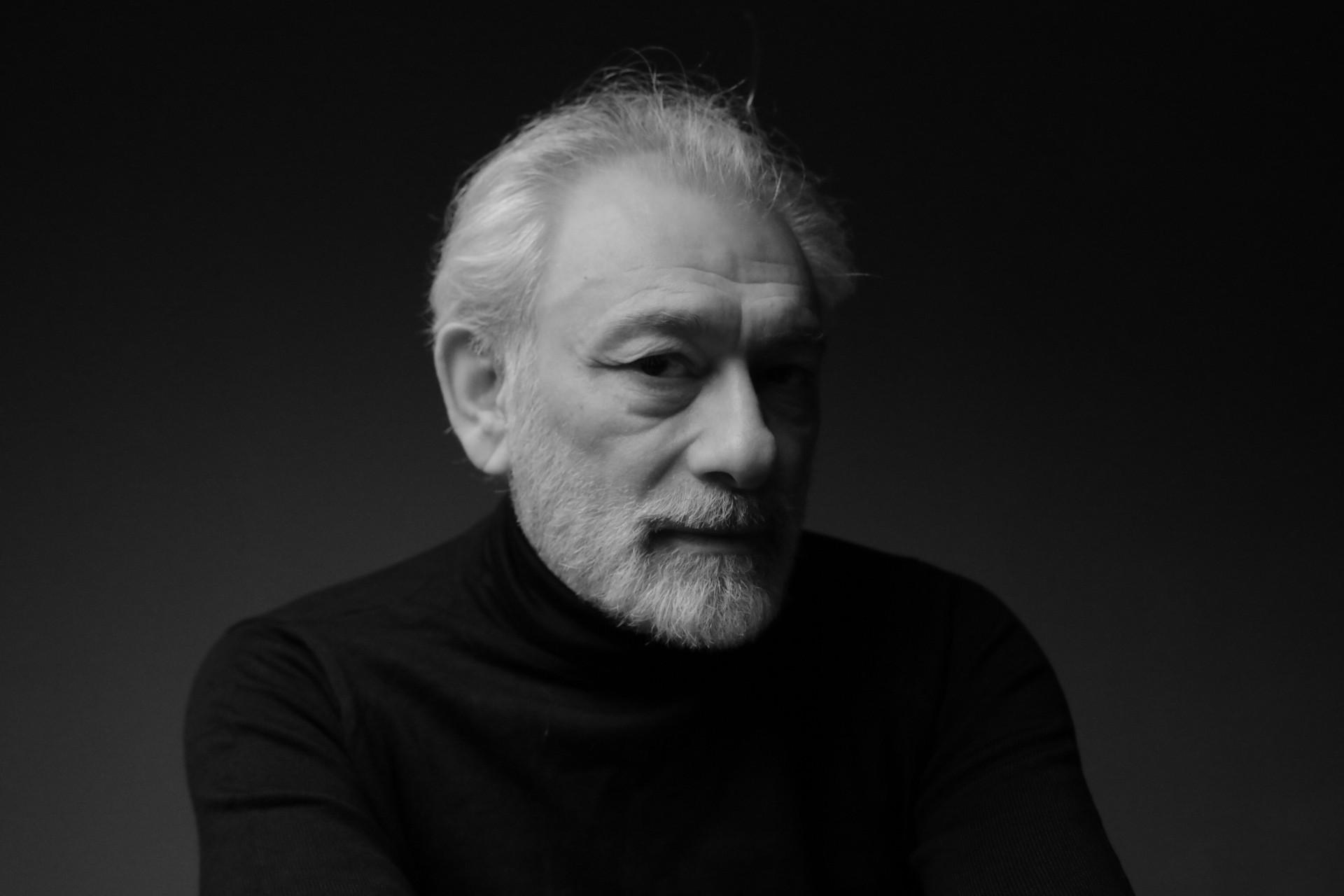
“Armenians have become a geopolitical toy for others”: Serge Avédikian Sounds Off on Armenia-Diaspora Relations, Trips to Turkey, the Artsakh War and More
Hetq recently spoke, online, with French-Armenian actor, director, screenwriter-producer Serge Avédikian. Based in Paris, Avédikian was born in Yerevan, Soviet Armenia to parents who were children of Armenian Genocide survivors. The family “repatriated” to Armenia in 1947. Serge was fifteen when the family returned to France.
Mr. Avédikian, there are several matters of interest to our readers that we can talk about. There’s your recent documentary, Retourner à Sölöz (Return to Sölöz), that chronicles your search for your family’s roots in the village of Sölöz, 150 km south of Istanbul. The film had a limited screening in Yerevan this February. There’s also the recent war in Artsakh and your efforts to get the French government to take a pro-active stance in favor of self-determination for Armenians. We can also discuss the official launch, on March 20, to one month dedicated to Francophonie in Armenia and your efforts in this regard. Let's start our conversation with the movie.
Sölöz is the birthplace of your ancestors, a village in western Turkey, that you visited four times - in the 1980s, 2003, 2005, and the last time in 2019. You went looking for traces of an Armenian presence there. What motivated such a search for your roots?
When I lived in Yerevan (I was born in Akhparashen), my grandfather used Turkish expressions because in Sölöz they spoke in their Armenian dialect, Turkish. (Akhparashen was the nickname of the Yerevan neighborhood where the akhpars/repatriates lived-ed.)
I was impressed because I lived with my grandfather until I was 6-7 years old. I was somewhat accustomed to Turkish. He, and later my father, sang Turkish songs. I still know those songs by heart. When I sang with some Turkish friends in Turkey, they were amazed because they knew little about Armenians. To return, for me, meant to understand where we came from, where we were born, reborn.
If I talk about my grandfather, it means that I was impressed with his childhood in Sölöz. I was a child and it registered for me. I could not miss the opportunity to go to Turkey in 1987, when I was invited to shoot a ballet. They say there are no coincidences in life, there are predestined encounters only, but one must be ready for those encounters. With the help of some Turkish-Armenian and Turkish friends, I was able to organize my first visit to Sölöz. After, when I discovered the Armenian tombstones, the village, I could not separate myself from what my grandfather had told me. I realized that must delve deeper, not to dream of returning to live there, that would be naive, but to understand how time deals with history. Especially with history that you want to sculpt with your own eyes, as a director, as an artist. We sculpt the work of time on ourselves. When you realize that the fact of genocide is not accepted by them, by the criminal, it affects our pathological relationship with our history more so. Thus, I could not go to the end. Of course, I do not know if I reached the end or not, but I could not be satisfied with either the first or the second visit because, as I say in the film, it was unbelievable that my first animated film, Ligne de Vie, would be shown at the Bursa European Festival 30 km from Sölöz.
I went to Turkey without permission. I then realized that it was possible to expand filming and in 2005 I shot Sölöz for more than a week, this time with permission with a French team. I found out that the village was divided into two parts. One part, supporting an old man called Shevkel Bashar, who had always accepted me, and the other that opposed my visit because they were afraid that I had come to demand something from them and to expel them. But when I realized that the current residents of Sölöz were also immigrants, who came after the deportation of Armenians, my position changed a bit, and I began to understand why they could not accept the fact of genocide. It’s because they have become Turks and cannot dare to such a thing. I returned in 2019 because I intuitively felt that something was going to happen, especially after Erdogan's policy over the last five years, which completely prevents Turkey from the possibility of resolving any issue related to us. I asked the protagonists of my film if they wanted to talk to me and they said they would, but only if I didn’t raise the issue of the genocide. I said we’ve already talked about the genocide. To return to Sölöz meant not to lose, to continue to develop the sense of memory, to grasp some pathological relationship that we have with our past.
I have close and smart Armenian friends who will never set foot in Turkey. It’s not that they’re afraid. It’s because, psychologically, they can’t. I was able to thanks to my grandfather Avedis, who told me that Turks are also people, that Turkish is also a language, and if you find the right people, you can understand some things. People should not be equated with their government.
But doesn’t the Turkish government's policy impact society there? After all, we have been trying to talk in vain for so many years.
They also want to have a dialogue. Their intelligentsia wants to have a dialogue. We organized forums with Osman Kavala (Civil society/cultural activist, Founder of Anadolu Kültür. Imprisoned in Turkey since November 2017-ed.) We staged a play. We did what we could. Dialogue with Europe was cut off from the very beginning of Erdogan's Islamization policy. It’s the result of geopolitics. I am not saying that the people are not to blame. What we can assert is that all nations are ruled by the individuals they elect.
In 1983, you and Jacques Kébadian made Sans retour possible (No return possible), your first film about the Armenian Genocide. And yet, your recent film is entitled Return to Sölöz. What’s the message conveyed by this title?
"Without the possibility of return" were the words stamped on the passports of Armenian migrants. It was important for me to use those words. The possibility of returning does exist.
One hundred years later, Armenians were again displaced from homes, their homeland, this time in Artsakh because of the 44-day war. Why does history repeat itself? Is this our tragic destiny?
The Armenian people, wherever they are in the world, wherever they are scattered, live as diaspora Armenians. I say this for Armenia as well.
I was born and lived in Armenia as a diaspora Armenian, because I was born in a French-Armenian family that emigrated in 1947. But the Caucasian Armenians who were born on that land have always been under the yoke of someone else, be it Russia, Persia or Turkey. Our history shows that we have not been able to gain independence for centuries. We have not been able to develop self-government. It does not mean that we are not smart, that we cannot achieve it. We could not manage it because we were always yanked to and fro. There has always been external access to this small region, which was barely left, because it was possible for the Russians. Living in front of Mount Ararat, knowing that it was in your place, but now belongs to someone else. And there is the entire Anatolia, in the background, which belonged to a people who were expelled, killed and destroyed. It is a very pathological phenomenon. How can you live on that land, how can one endure it? This is a tragedy. Few talk about it. We have cultivated the need for sacrifice. It is as if the sacrifice is part of your duty - to sacrifice or to sacrifice yourself for something positive to happen.
But it is not a way to live. What does it mean to continue to live with sacrifice, to write that music, to sing those songs? It does not mean that there is no great human emotion in it. On the contrary, there is, but it’s a difficult burden in terms of human development, human open-mindedness, of being universal. We have developed our universal feelings, like Parajanov, Peleshyan, from Narek to Shiraz, Sevak. When we translate those texts, we see that we are talking about ourselves, but always in a universal way, because they (the outside world-ed.) must help and accept us.
When the enemy did not accept our history, and it’s a great tragedy in psychological terms, we wanted humanity to accept it. Today, we count how many countries have recognized the genocide. We are happy with that. But when Israel does not recognize it, because it is not beneficial, when the United States does not recognize it, because it supports Israel, it means that they are playing with us. They toss us around us like a ball. When Turkey should be punished, they say they will recognize the genocide. But as soon as Turkey takes a step back, they say, stop, we’ve moved on to other issues.
We have become a geopolitical toy in the hands of people who do what they want, especially when we allow it. This time, it seems, that permission was there from the beginning. I do not want to delve into unpleasant political topics now. I will not do so especially because I am not a citizen of the Republic of Armenia, no matter how much I can assume and analyze some things. But I can clearly say what I feel. The 2018 Velvet Revolution, from the start, was not a revolution for me. It was the people's demand to improve their social conditions. To transform it into a revolution, but to only fight corruption, to deal only with internal issues, means to become weaker towards the enemies around you, because you solve internal issues without affecting the processes that endanger you from the outside. It saddens me that the Armenian government was not prepared to resolve the Karabakh issue through diplomacy. To hand over to them what should have been handed over, to preserve what historically deserved to remain in Artsakh.
Just four months after the Artsakh war, Azerbaijan is in a hurry to destroy or appropriate Armenian cultural monuments in the territories under its control. How to prevent this when the entry of UNESCO experts, tasked with the preservation of cultural heritage, is prohibited? Besides, this structure is not particularly interested in the matter since Azerbaijan generously finances its various programs. You have also expressed yourself in this regard. Despite all this, we hope that international structures will do something.
Subconsciously, a deep belief remains in our people that we must solve our problems alone, because others didn’t help us after the genocide. Armenians killed Talaat and Enver. The Armenian issue came to the fore via ASALA in the 80s. Then we started making films. It’s as if we must always solve our own problems. That universal judgment does not concern us, that it cannot accept us. This is a great tragedy If it is ingrained in a child from birth, as if it were reality, it means that the child will want to solve his problems on his own throughout life. This is the context when I noted the issue of sacrifice.
I’ve told the Armenia representative to UNESCO that I know UNESCO Director Audrey Azoulay personally, that we’ve worked together in the Cinema Center. I’ve suggested that Azoulay be invited to the embassy or I will go to UNESCO, as a director, not a diplomat, to explain why it’s very important for us to preserve the churches and monuments of Artsakh. Their destruction is an international crime not only linked with Azerbaijan. The representative replied that such an approach isn’t possible, that it must be done legally. The representative doesn’t dare directly contact Azoulay, saying that Avédikian reminded him that it would be good for us to meet. Right after the war, I offered to be one of the escorts for the UNESCO experts with a video camera, so that I could take an objective picture of what the UNESCO representatives would reveal. But that did not happen, because they went to Baku and stayed there. And this was expected if no one from Armenia demands that they go to Artsakh. They will not do it because the Azerbaijanis are doing what they want. Why? Because Mehriban Aliyeva is a member of UNESCO. (The Azerbaijani First Lady is a UNESCO Goodwill Ambassador – ed.)
Azerbaijan has bought off many politicians in France. We know all that, but we do not utilize what we know. We do not dare to say it directly, to publish the fact that as a people and state we aren’t able to have a dialogue with the structures we need. It means that no one cares about our country. We are a plaything because we are small. The countries with which Azerbaijan deals do not speak out. Britain, for example, doesn’t because 70% of Azerbaijani oil belongs to British Petroleum. That is why they helped during the war. Turkey did the same to link up with Azerbaijan through Syunik. All this has been signed and sealed. It will happen because no one resists, and no international organization will stand up because we are not a factor on the diplomatic front.
During the war, you, Robert Guédiguian and Simon Abkarian penned an open letter addressed to French Foreign Minister Jean-Yves Le Drian criticizing France's "neutral" position on the Artsakh issue dictated by economic and political interests. A few days ago, you called for the return of the Armenian captives. Does such public pressure work?
To a very small degree, because there are very cynical geopolitical relations in the world, especially now. It was the same in the past, but then there was some clarity. There was East-West, Socialism-Capitalism.
Today it seems that socialism has become neo-capitalism and capitalism has reached its anarchist peak, so I do not have much hope that our letters can change anything. In general, there is a misunderstanding in the diaspora about what strategy should be worked on in relation to Armenia. But it is not only the fault of the diaspora, but of the Republic of Armenia.
This is one of the painful problems that I want to talk about. The diaspora should not be simply told come and do whatever you want to do in Armenia. If there is a desire among the diaspora, especially among young people who have studied diplomacy, politics, art, physics, mathematics, who want to come and work in Armenia, they should be invited, for example, for three months, to be involved in the field of government and policy in a professional way.
It’s not a matter of salary, but of acceptance and opportunity. There is a question of agreement and understanding between the Diaspora and Armenia. It is necessary to clarify the situation in Armenia by joint efforts. When we do not clearly see what is happening in our lives, we are worried, we can get sick, now the whole nation is in that process. It is not clear what policy Armenia has adopted, what position it has taken towards the diaspora. That simplicity is lacking.
There are many young people and organizations in the diaspora who are motivated to come and participate in the restoration of Armenia. We are not talking about Dashnaks, Ramkavars or Hunchaks. They have already done their job. We are talking about professional young people. Armenia and the diaspora need dialogue. We have not been taught to dialogue. We are offended and we shout because we love each other very much. We need each other, and this is a pathological relationship. This relationship should be reviewed to turn it into something positive.
There is a lot of work to be done, but we should not be pressured by that burden. We must take it in stride and smile. Our smile is gone. We are in a process of indignation. I have never seen the people of Armenia in such a state of hatred. It did not happen after the earthquake or in the 90s when I came to the shooting of Mikael Dovlatyan's film Labyrinth. In those years there was no light, no water. On the contrary, people helped one another. These are difficult days today, but people can’t accept dialogue. The government should clarify the situation.
Do you mean that Armenia has not clearly defined what it wants from the diaspora? That it hasn’t formulated its expectations?
That's right. It is wrong if Armenia only expects the diaspora to help because those Armenians live in countries where they are freer and richer, or that they should help to assuage their conscience while at the same time not meddling in Armenian affairs. In my opinion, we should ask questions and find answers. In Armenia, there is no one to ask such questions. There are only respondents. There are heroes and sacrifice. But the questions must be asked, one by one. Why this happened and how to resolve it.
During a discussion following the screening of your film, you said that no matter how difficult it is, we should try to talk to our neighbors. You were talking to the Turks living in Sölöz. This discourse was also opened in Armenia. Should we talk to our neighbors ourselves, even though they are hostile to us, or should we allow mediators to do so following their own interests?
It is a difficult question, but this is where Armenia should have used the diaspora, because the history of the diaspora is more connected with Turkey than with Armenia. In that sense, more work has been done in the diaspora than in Armenia, in the context that the dialogue could be expanded through citizens. When I was going to Istanbul for the screening of the film, We drank the same water, I had to speak in front of a Turkish audience. There were protesters in the hall. Someone was shouting, "What right do you have to use the word genocide? You are not a historian.” I responded by saying, "You do not know where the term genocide comes from. You have not heard of Lemkin, only probably of the Jewish genocide." I went on to explain that the word came about because of the Armenian Genocide. It means to sever the genes from one place and remove them. It does not mean to destroy an entire nation, but to remove a nation from the place where it lives. I asked, “Where are the 2.5 million Armenians who lived in Anatolia? If you answer that question, I will say why I use that word.”
I want to say that this work was done, but it was not enough, because Erdogan's dictatorship was established.
Armenian politicians make a mistake in this matter by not using non-Armenian historians from the Diaspora, such as Taner Akçam who has written books proving the fact of the Armenian Genocide. If Erdogan made it a condition that historians should solve this issue first, then politicians, we shouldn’t have rejected the idea, Rather, we should have responded that we want to solve this issue through political means, but we also have historians whom you are not cannot disbelieve. It was not done.
Probably other actors are instructing Armenia's diplomacy how to act. Russia or someone else. We are in a trap where we cannot decide on our own. But how can we not utilize all the power of the diaspora when you are a small country? You need the people to come. Look at how Israel used its diaspora. I am not saying that the situation will be corrected immediately as if by magic, but we must unite, and develop dialogue both internally and with the outside to have defenders. Otherwise, we cannot do anything, as I noted in the example of UNESCO.
It is not easy, but we must pause, sit down, and think about how we can get the heavy hitters on the diplomatic front to see our point of view. We must continue to create, to develop culturally, because we are wasting a lot of time. If we have lost five thousand young people, it means that one-third of a generation is absent. The remaining two-thirds should have the opportunity to learn more. The Ministry of Education should actively be involved. But I don’t get this sense. There is no one with whom you can talk.
Let's turn to culture. You are actively involved in various cultural projects in Armenia, such as the Golden Apricot Festival, roles in local films, performances, etc. In the fall of this year, a six-month master classes for theater and film actors will be launched. It was your idea to try and combine Francophonie and theatrical art, ostensibly involving famous French and French-Armenian artists as teachers. Please tell us about that program.
We will implement this project for young actors and students with the support of the French Embassy in Armenia, the Aznavour Foundation, and other foundations.
The cultural department of the embassy works very actively and supports such programs. Extensive translation work will be done in parallel with the course. I have been filmed a lot in Armenia, worked with young and older actors, all of whom are talented. I noticed that the young people do not need to leave Stanislavsky acting method, but to develop it, to blow it up, because there is a place to do it.
I have always thought that it’s necessary to open a person’s inner being. It is not a theory. You can learn by looking and feeling, but you must open yourself. To open means to learn another language, to hear in another language what you already know, to express oneself in another language. That is why I included French in this learning process. But I called it bilingual, because not all the participants who will be selected will be Francophone. We will make sure that the selected participants learn French for free before the start of the course. At my suggestion, theorists will not come to teach, but real directors. Directors and actors who are currently working in France. We will do this together with the Institute of Theater and Cinema. I hope that French will also become a language taught here. Five of the 25 participants will be from Artsakh, if sponsored by the Aurora Foundation, and some from Gyumri. Our hope is the foundations will start this work. I am sure that if we succeed, we will repeat it every year.
To conclude, during the war, you sent a message to your compatriots and the Armenian soldiers, saying that you believe in our final victory, in freedom. You issued a call to stay united, to build our future in Armenia, in the diaspora. What message would you send now, after our defeat?
Losing proves that history is not one-sided. The process of sacrifice should not become a tradition. Let's understand why?
The reason is in diplomacy, in being on our own, etc. I would ask the people of Armenia to temper the rebellion boiling inside them, to eliminate the word There are deeper things, to think about, including what kind of government the people want. To understand what programs the opposition and the current government offer. To finally rid ourselves of the mentality of tribalism in politics.
We are vastly different from each other, whether from Armenia or the diaspora, and this is our strength. We must accept that we are one nation, but we are not one people. We have lived under quite different influences, using different languages. But that is our wealth and power. We must accept it, be grateful for it and progress.
We must put an end to this tribalist approach that says I support my family first or I am from this clan or that. It must be eliminated. We must accept that a nation, if it has that great wealth, the diaspora, which has its influence in different countries, will flourish automatically if Armenia lets it.
We have something to learn from each other, but we must be able to tell each other what does not seem right to us. Let us not only praise ourselves, but also admit our mistakes. Living according to old Caucasian traditions is not compatible with the current situation.
 Videos
Videos Photos
Photos
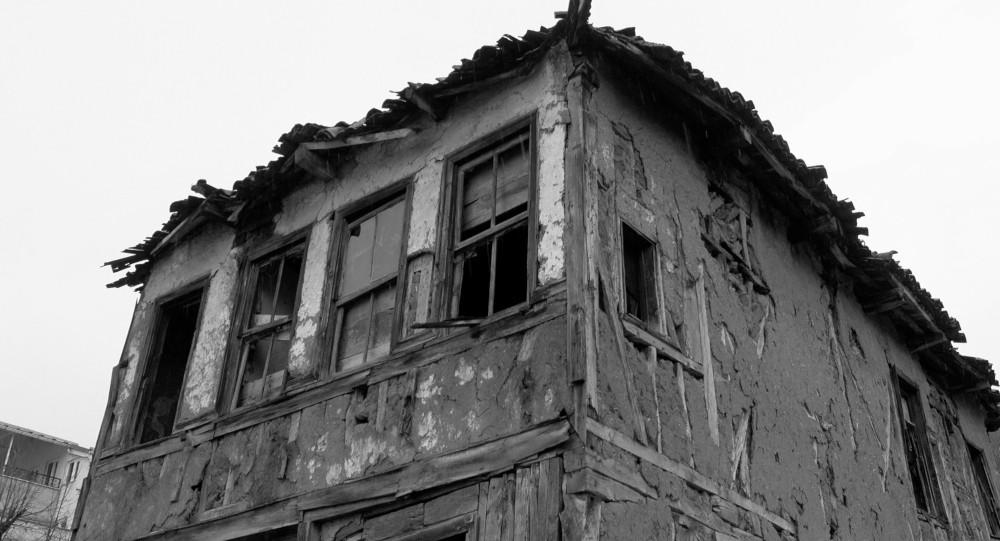
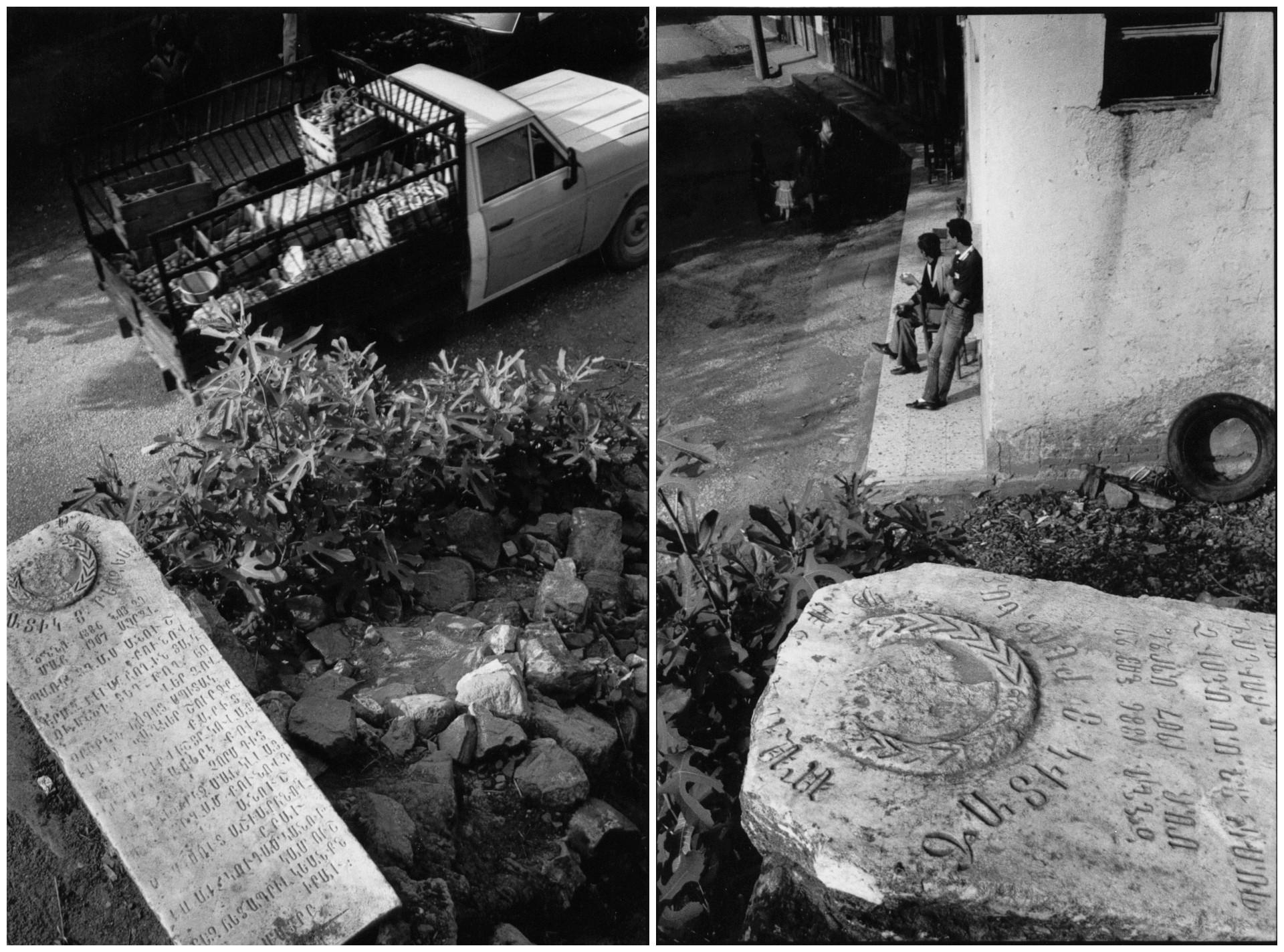
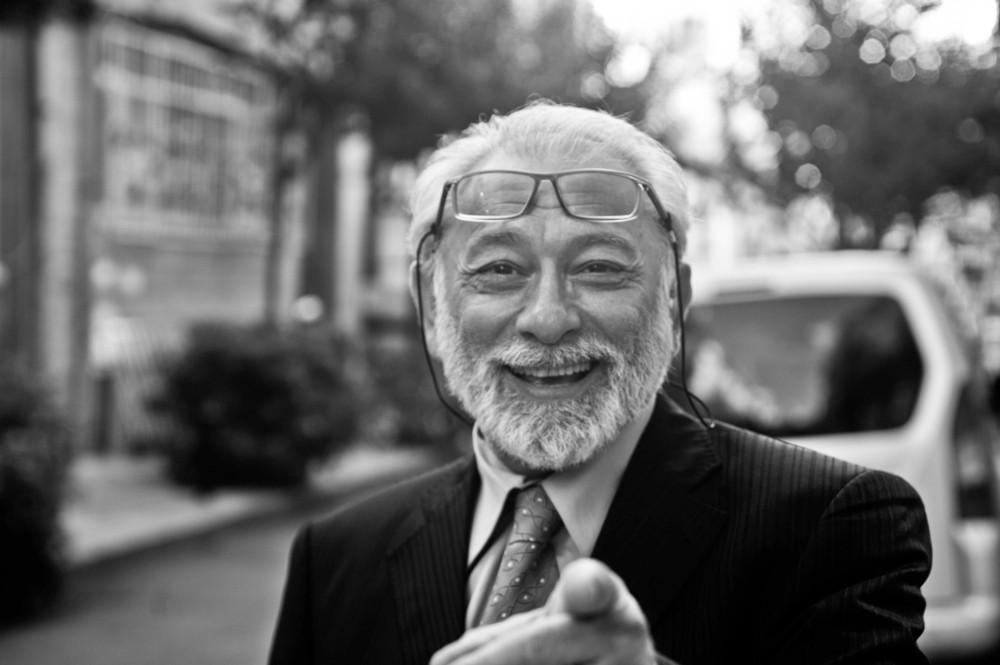
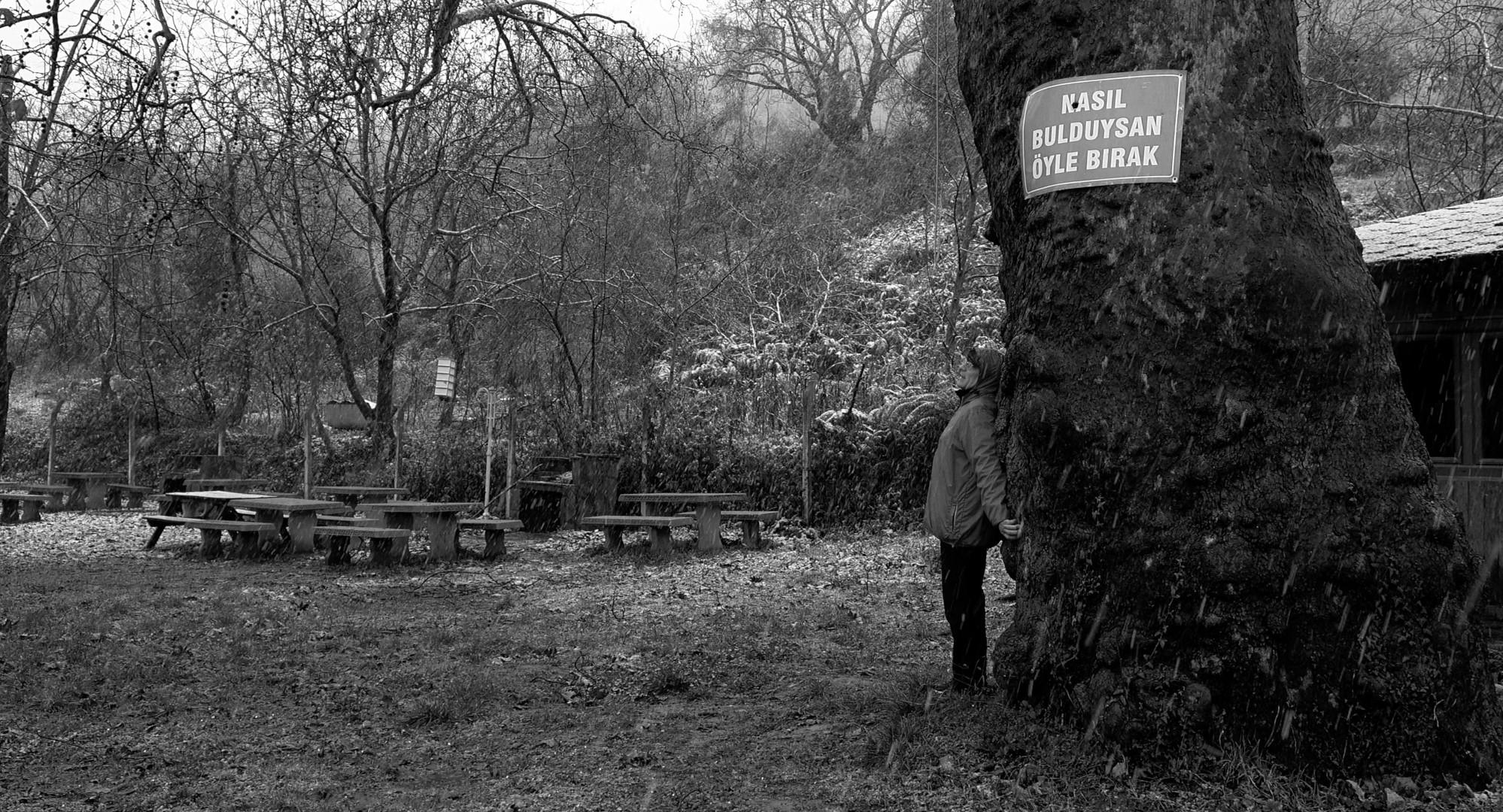
Comments (4)
Write a comment